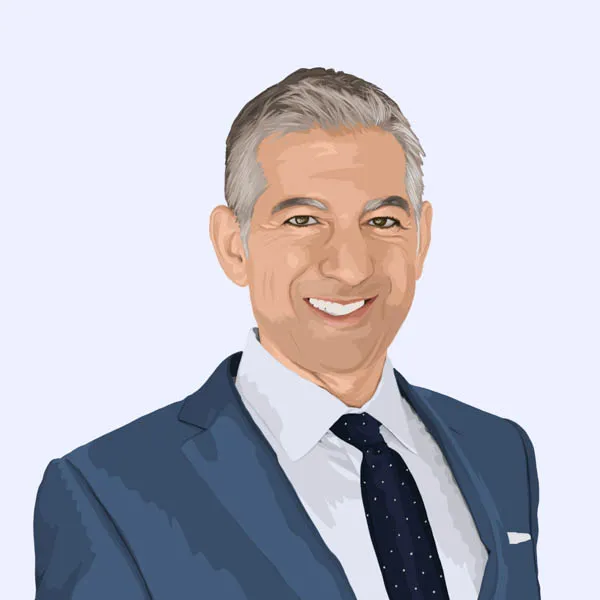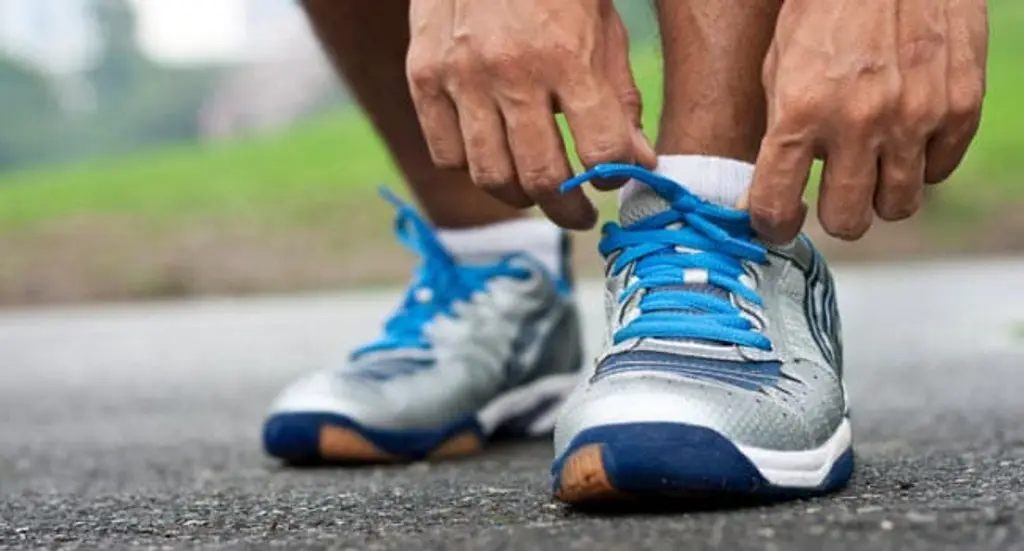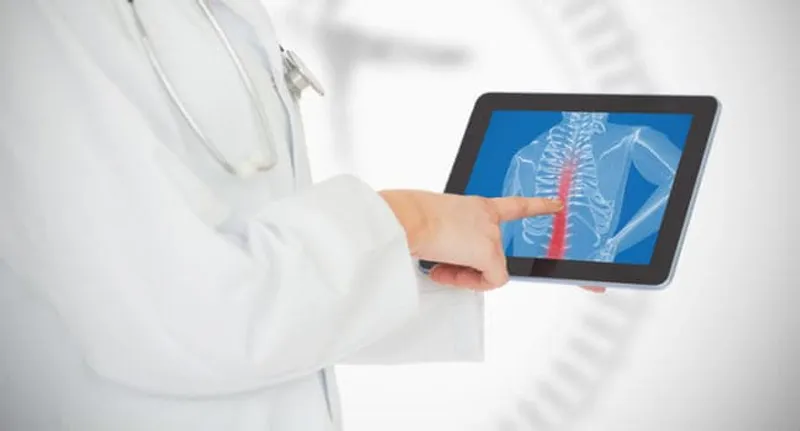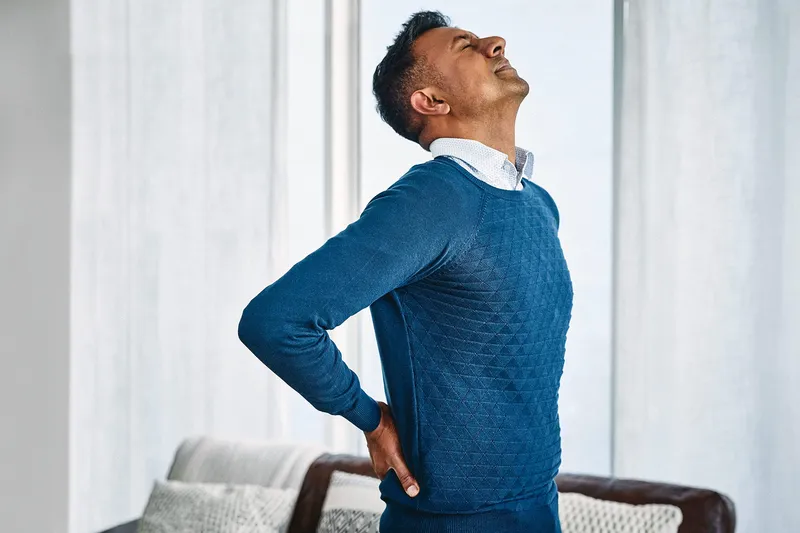
As a doctor who sees firsthand the damage that chronic pain creates in people’s lives, I believe improving how we treat pain is the single most important public health challenge that we face – but not because of the opioid crisis or the $ 600 billion spent each year on treating pain and lost productivity. From my perspective, chronic pain’s most devastating effect, hidden just below the surface of all the tragic stories, is its impact on our most essential core need – love.
Along with food, water, and oxygen, our most basic human necessity is love. From the moment we’re born, we carry with us an innate need to feel loved. And to feel truly fulfilled in life, we need to be able to express love toward others. Emotions like compassion and empathy are good for both our souls and our health.
But the experience of pain, especially chronic pain, has the potential to tragically strip love from our lives in so many ways. We know that pain can lead to changes in emotional processing centers in our brains, creating mood swings, and a whole host of mood changes including depression, anxiety, panic-attacks, as well as anger and even aggressive behavior. Such alterations can dramatically interfere with our ability to communicate with others, and it disrupts relationships. Pain can quickly lead to social isolation and a desire to avoid being around others. What were once supportive or positive interactions now become negative and confrontational, or they just disappear altogether.
The physical impact of pain can also reduce important social bonds. For example, back pain is one of the leading causes of missed work days, which can lead to not only losing a job, but also losing connections with co-workers who had previously served as a valuable support network. Functional limitations like problems walking or driving can also limit our ability to do things with our families and friends, all of which strips us of meaningful interactions and fulfillment. Strong social bonds and positive marital support also seem to correlate with better health and longer life, while loneliness does just the opposite.
Add it all up, and the most tragic consequence of pain for millions is loss, and in particular, the loss of love in their daily lives. Fractured or broken relationships and isolation are the silent casualties of a life in pain. This is precisely what needs more attention when it comes to how we treat pain. You can start this change today by directing the narrative about your pain management toward ways of bringing more love into your life. Let your doctors know that this is important to you and an area where you’d like them to put their focus.
To jump-start a love-centered program for yourself, talk to your doctors about getting help in these areas:
- Communication – Learning more effective ways of communicating and interacting with important people in your life when you don’t feel well is a major step. Ask for a referral to a psychologist or therapist who can help you hone these skills.
- Show Up – You may not be able to make it to every function, but make a commitment to yourself to be more present at events or get-togethers. Pace yourself and have a plan to leave when you feel the time is right.
- Steady Your Mood – Work on ways to calm mood swings through techniques like meditation, mindfulness, and breathing exercises. A pain psychologist can help you learn helpful tools.
- Count Kindness – At the end of each day, jot down a quick list of things you did that showed kindness toward others, as a gentle reminder.
- Volunteer - Find an organization or activity that has meaning to you and donate a little bit of your time each week.
- Support Others – Finding the right support group can be tricky, but it is worth the effort to try. Look for groups that engage in healthy activities and try to encourage its members, as opposed to ones that are overly negative.
Give this love-centered strategy a try. After all, nobody can thrive on an empty tank.
Important:The opinions expressed in WebMD Blogs are solely those of the User, who may or may not have medical or scientific training. These opinions do not represent the opinions of WebMD. Blogs are not reviewed by a WebMD physician or any member of the WebMD editorial staff for accuracy, balance, objectivity, or any other reason except for compliance with our Terms and Conditions. Some of these opinions may contain information about treatments or uses of drug products that have not been approved by the U.S. Food and Drug Administration. WebMD does not endorse any specific product, service or treatment.
Do not consider WebMD Blogs as medical advice. Never delay or disregard seeking professional medical advice from your doctor or other qualified healthcare provider because of something you have read on WebMD. You should always speak with your doctor before you start, stop, or change any prescribed part of your care plan or treatment. WebMD understands that reading individual, real-life experiences can be a helpful resource, but it is never a substitute for professional medical advice, diagnosis, or treatment from a qualified health care provider. If you think you may have a medical emergency, call your doctor or dial 911 immediately.









